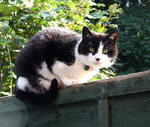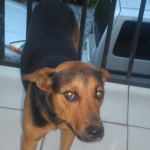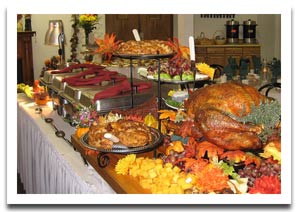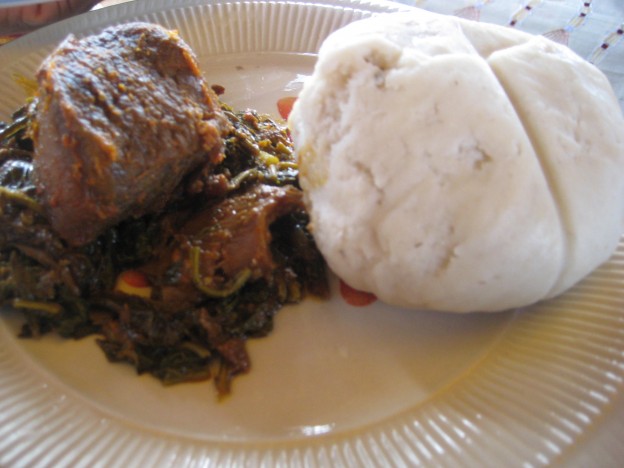Òwe Yorùbá yi ṣe gba àwọn ti o nbẹ̀rù nigba gbogbo níyànjú wípé ó yẹ ki èniyàn fara balẹ̀ lati ṣe iwadi ohun ti ó fẹ́ ṣẹlẹ̀ ki ó tó “kú sílẹ̀ de ikú”.
Ẹlòmíràn, kò ni ṣe iwadi ohun ti àwọn èniyàn fi ńsáré, ki ó tó bẹ̀rẹ̀ si sáré. Ọpọlọpọ ti sa wọ inú ewu ti wọn rò wípé àwọn sá fún. Fún àpẹrẹ, nigbati iná ajónirun balẹ̀ ni àgọ́ Ológun ni Ikẹja ni ìlú Èkó ni bi ọdún mẹjọ sẹhin. Bi àwọn kan ti gbọ́ ìró iná ajónirun yi, wọn sáré titi ọpọ fi parun si inú irà ni Ejigbo ni ọ̀nà jínjìn si ibi ti ìṣẹ̀lẹ̀ ti ṣẹlẹ̀.
Àpẹrẹ miran ti a lè fi ṣe àlàyé pé “Ọ̀run ńyabọ̀, ki ṣé ọ̀rọ̀ ẹnìkan” ni ẹni ti ó sọ pé ohun ri wípé ayé ti fẹ parẹ́, àwọn kan gbàgbọ́, wọn bẹ̀rẹ̀ si ta ohun ìní wọn. Àti ẹni ti ó ta ohun ìní àti ẹni ti ó ra, kò si ninú wọn ti ó ma mú nkankan lọ ti ayé bá parẹ nitotọ.
ENGLISH TRANSLATION
This Yoruba proverb can be used to encourage those who are always afraid, that it is good to be patient enough to find out the happenings before “dying in readiness for death”.
Some, will not enquire about why people are running before they begin to run too. Many have ran into danger that they thought they were trying to escape. An example, was when there was bomb explosion at the Ikeja Cantonment, Lagos about eight years ago. When some heard the explosion, they ran until they perished at the Ejigbo marsh, a far distance from the incident.
Another example that can be used to buttress the proverb that “The sky is falling, is not a matter limited to a person”, was when a soothsayer predicted that the world was coming to an end at the beginning of the new millennium, many believed and they began to sell off their properties. Both the property seller and the property buyer, none would take along anything were the world to have come to an end as predicted.
Originally posted 2013-09-27 18:37:30. Republished by Blog Post Promoter










